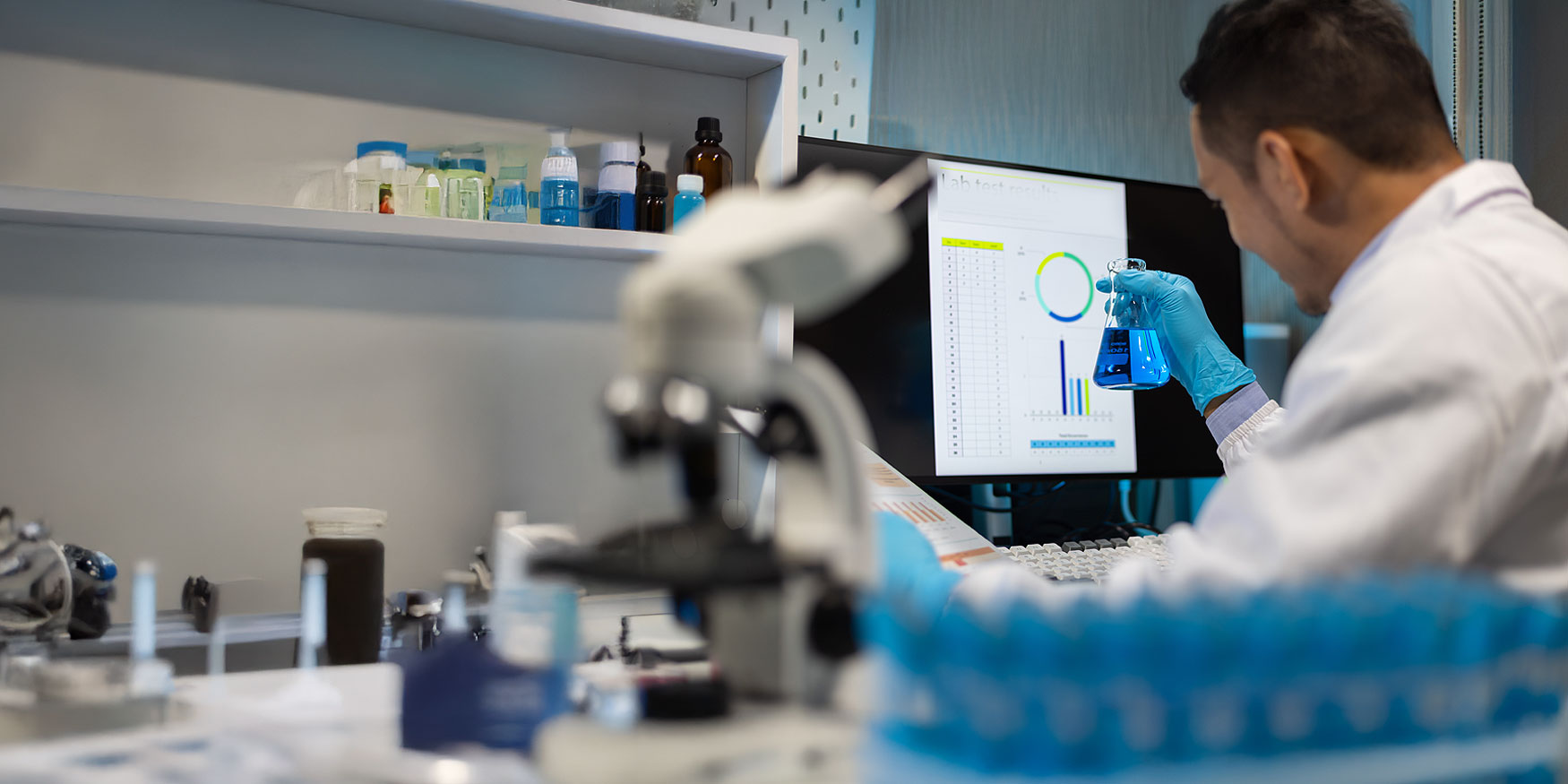Navigating the Digital Frontier
Blogs
Explore our latest thought leadership, ideas, and insights on the impact of innovation and technology that is shaping the future of business and society.
- Show all
- Data Analytics and Insights
- Data Engineering
- Artificial Intelligence
- Operations and Delivery Management
- Architecture and Technology Platforms
- Digital Transformation
- Innovation Development Lifecycle
- Accion Breeze
- Big Data
- Cloud and Infrastructure
- Big Data Analytics
- Generative AI
- Human Computer Interaction
- Sales Automation
- Salesforce
- Application Development
- Data Visualization
- DevOps and Automation
- IoT
- MicroFocus
- Microsoft Azure
- Cloud Computing
- Data Science
- Digital Product Engineering
- Market Research
- Product Design
- ServiceNow
- CRM
- Customer Experience
- Emerging Technologies
- Healthcare
- QA Testing
- API Management
- Automation Tools
- Blockchain
- Devops
- Enterprise Transformation
- Hadoop
- Interface Development
- Machine Learning
- Microservices
- Monitoring Platforms
- AngularJS
- Apache Spark
- AppDynamics
- Blockchain and Decentralized Application
- CMS
- Clinical Data Management
- Cloud Adoption
- Conversational User Interface
- Data Analytics
- Data Management
- Digital Enterprise
- Enterprise Security
- Event Driven Architecture
- Lead Management
- Logistics
- ML Algorithms
- Marketing
- Mobile App
- Network Operations Management
- Nexthink
- Open Source
- Operational Excellence
- Pharma
- Product Development
- SDLC
- Test Automation
- User Experience
- User Experience Design
- Web 3.0
- .NET
- AI Agent
- AI Coding Assistants
- AI Governance
- AI and Human
- AI/ML
- AWS
- Accelerator
- Agile Development
- Airflow
- Appium
- Application Performance Monitoring System
- Application Reengineering Strategies
- ArcSight
- Asset Management
- Automation Technology
- Azure Kubernetes Service
- Business Intelligence
- Chatbots
- Cloud Database
- Cloud Governance
- Cloud Implementation
- Cloud Infrastructure
- Cloud Migration
- Cloud Operations
- Cloud Services
- Cloud Technology
- Code Automation
- Code Documentation
- Codeless Automation
- Configuration Management Database
- Content Engine
- Cryptography
- Customer 360
- Customer Service Management Platform
- Cybersecurity
- Data Center Automation
- Data Containers
- Data Governance
- Data Modelling
- Data Protector
- Data Security
- Data Storage
- Data Strategy
- Database
- Database Performance
- Database Scaling
- Decentralized Applications
- Deduplication
- Deep Learning
- Design Thinking
- Digital Advertisement
- Digital Products
- Document Management
- Enterprise Backup Solutions
- Enterprise Modernization
- Enterprise Network Monitoring
- Ethical AI
- Ethical Hacking
- Field Service Management Platform
- Financial Services
- Fraud Analytics
- Future of Technology
- GDPR Compliance
- GenAI
- Github Copilot
- Global Collaboration
- Green Innovation
- HTML5
- High Performance
- Hybrid Cloud
- Hybrid Cloud Management
- Hybrid IT
- IT Service Management
- Java Script
- KAPS
- Knowledge Graph
- Large Language Model
- Lean Operations
- Life Cycle
- Life with AI
- MDM
- Microsoft Azure Arc
- Mobile Testing
- Mobility
- Modernizing IT
- Natural Language Processing
- Network Monitoring System
- NoSQL Database
- NodeJS
- Notification Engine
- Office 365
- Predictive Analytics
- Predictive Maintenance
- Product Management
- Progressive Web Apps
- Python
- RPA
- Real-time Reporting
- Realtime Big data
- Retail
- Retrieval Augmented Generation
- Robust Random Cut Forest
- SMEs
- Sales Operation
- Salesforce Einstein
- SecOps
- Security Automation
- Self-Healing System
- Semantic Web
- Sevice Oriented Architecture
- Smart Contract
- Software Testing
- Sphinx Quickstart
- Strategic Partnership
- Sustainable Technology
- Technology and Innovation
- Telecom
- Workflow Automation
The Synergy of Data Engineering, Analytics, and Generative AI in Transforming Digital IVD
Driving Digital Transformation in Financial Services with ServiceNow and Accion Labs
Transforming Data Management: A Leap into the Future with AI and Self-Healing Systems
Our Journey Ahead: Driving Innovation and Collaboration in 2025
How to use Swagger apiInfo and manage Global Spring Exception handling in Swagger
Driving Value Through Sustainable Technologies in 2024
Can Future Generations Survive without AI?
The Key to Scalable Applications: Setting Up Read and Write DB Replicas from Day One
Cloud Technology Meets AI: Transforming Business Landscapes
How Big Data Challenges Shaped Data Storage and Computing
-

The Synergy of Data Engineering, Analytics, and Generative AI in Transforming Digital IVD
In-vitro diagnostics (IVD) is undergoing a transformative evolution with the integration of digital technologies. This ...
Dr. Sagar Mandawgade -

Driving Digital Transformation in Financial Services with ServiceNow and Accion Labs
The financial services industry is pivotal in its IT transformation journey. With increasing challenges such as agile ...
Pranav Mehta -

Transforming Data Management: A Leap into the Future with AI and Self-Healing Systems
In the UK’s rapidly evolving digital landscape, effective data management is no longer optional—it’s a strategic ...
Athang Kale -

Our Journey Ahead: Driving Innovation and Collaboration in 2025
As we close out 2024, I want to take a moment to reflect on the year’s accomplishments and share our vision for 2025. ...
Kinesh Doshi -

How to use Swagger apiInfo and manage Global Spring Exception handling in Swagger
In my last article, I gave a quick introduction to Swagger in the Spring realm. Also, we saw how the additional Maven ...
Raghuraman Ramaswamy -

Driving Value Through Sustainable Technologies in 2024
In recent years, the conversation around sustainable technologies has evolved from a niche interest to a pressing ...
Accion Labs -

Can Future Generations Survive without AI?
Artificial Intelligence (AI) plays a significant role in shaping our daily routines, from the moment we wake up to the ...
Vinaya Parvatikar -

The Key to Scalable Applications: Setting Up Read and Write DB Replicas from Day One
Building a scalable application involves making several strategic decisions, and one critical aspect, often overlooked ...
Sanjay R Nath -

Cloud Technology Meets AI: Transforming Business Landscapes
Cloud computing has transformed businesses' operations, providing scalable, on-demand access to computing resources. ...
Vipra Tiwari -

How Big Data Challenges Shaped Data Storage and Computing
The term “big data” has become a buzzword in the tech industry over the last few years. As data generation continues to ...
Vishnu V